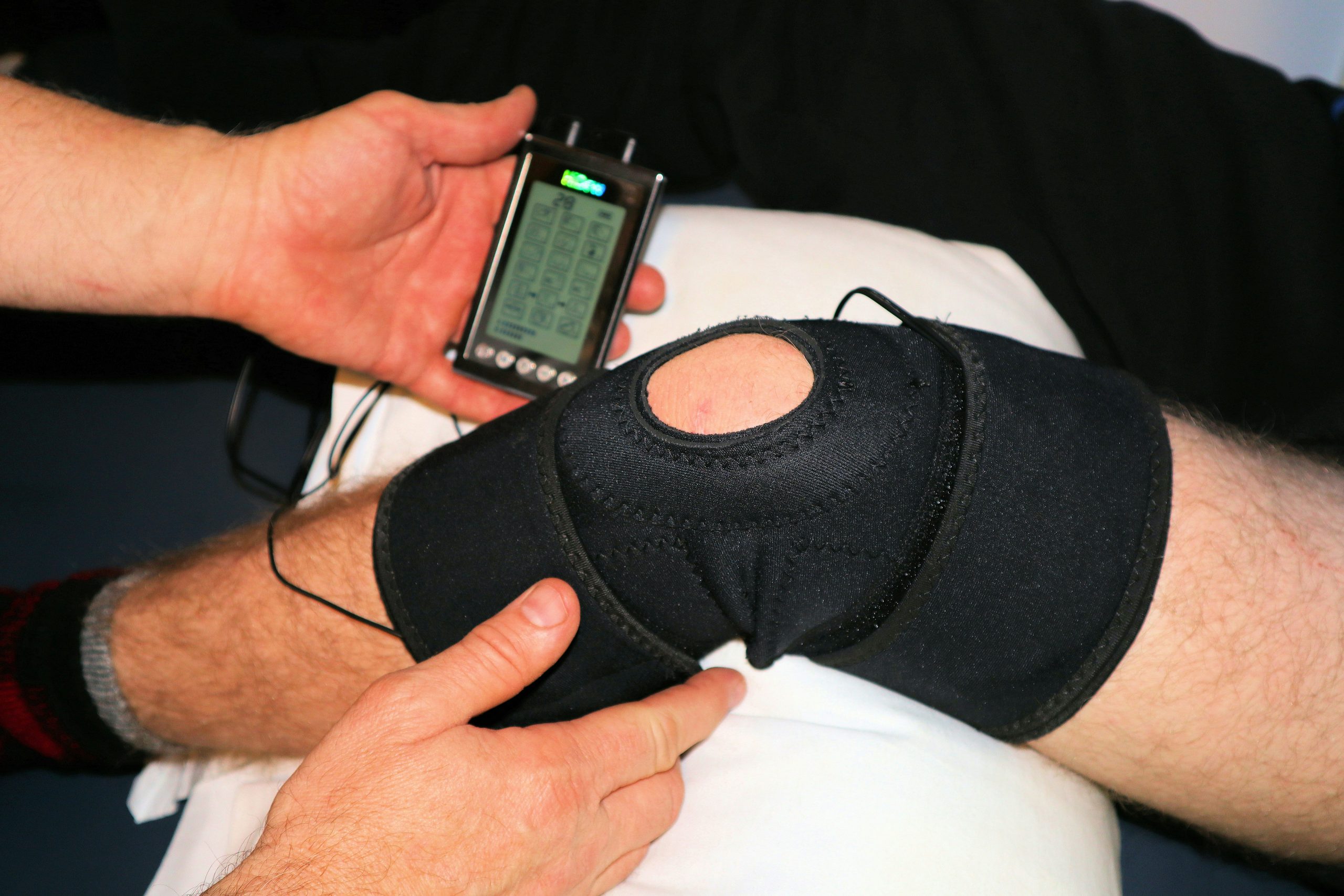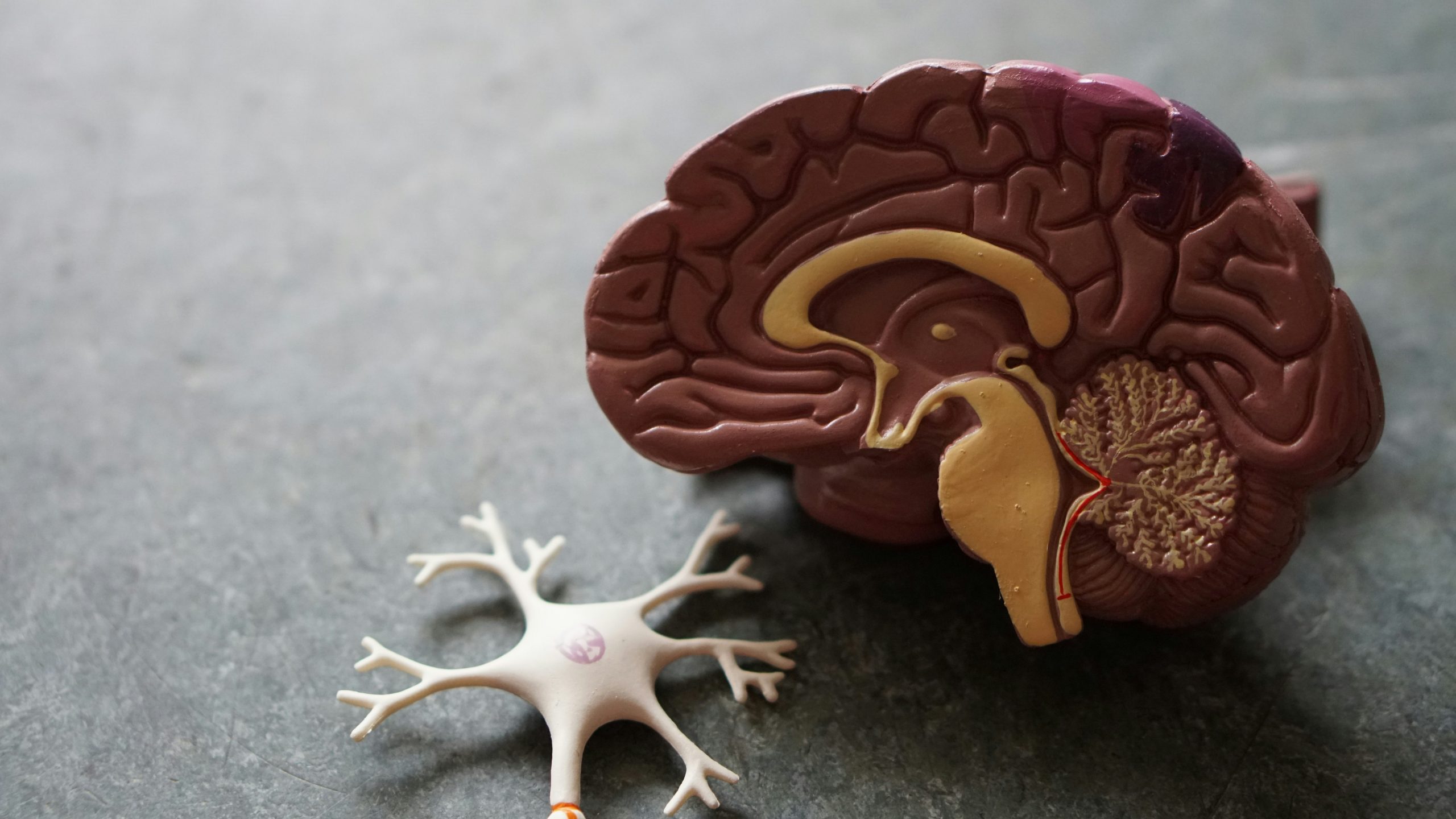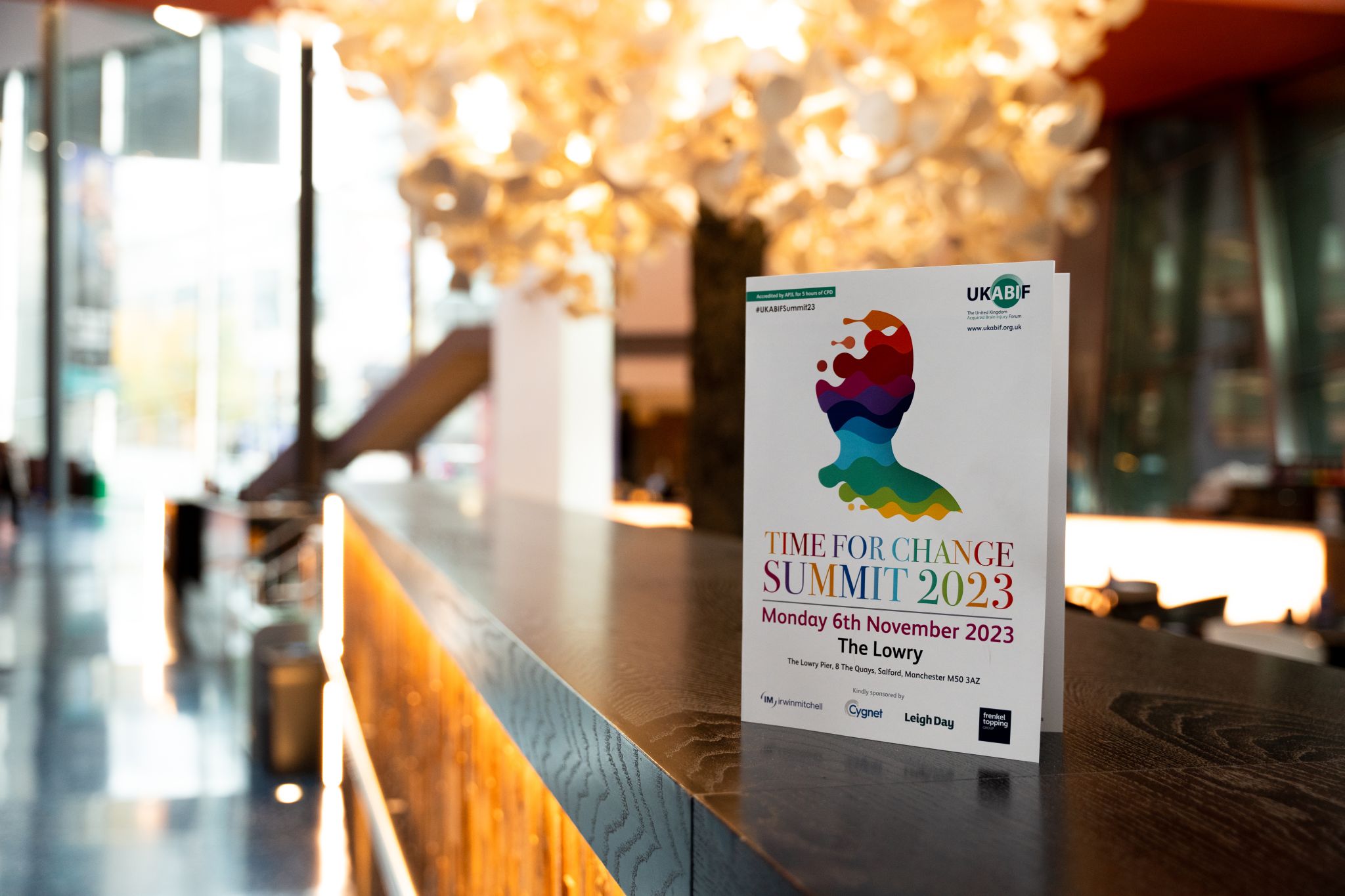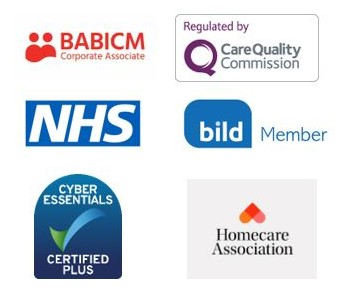An introduction to Warren Maxwell
Warren Maxwell is a Partner at Stewarts Law, the UK’s largest litigation-only law firm. With over 400 staff and 80 partners, they have an international reputation for excellence, and we are delighted to be able to work with Warren Maxwell in providing this knowledgeable article.
At Stewarts, Warren works within the personal injury department and represents claimants in high-value and often complex personal injury claims. With significant experience in representing child and adult claimants with the most severe of cases, Warren is ranked Band 2 in Chambers and Partners and is described as “well versed in cases involved serious injuries arising from workplace incidents and RTAs”. Stewarts are also ranked Tier 1 in The Legal 500 with Warren noted as “at the top of his game and has a superb manner with clients and experts alike.”
When is an accident a claim?
At the outset, it’s important to recognise that accidents happen and not every accident gives the injured person a right to claim compensation.
Most of the accidents I deal with involve road traffic collisions, accidents at work or in a public area. I have also represented people injured while playing contact sports or horse riding.
In order to claim damages, it is essential to prove fault either in full or in part on another party, whether that be another driver, your employer or a contractor on site, local authority or sports player. That means being able to show that they:
- owed you a duty to take reasonable care;
- their conduct fell short of that duty; and
- they exposed you to a reasonably foreseeable risk of harm.
Another consideration is whether the party who caused your injuries has insurance or other funds to meet your damages claim, and your potential legal costs. Often this is a straightforward issue, particularly with road traffic collisions and accidents at work as insurance is a legal requirement, but it can become complex. Investigations are sometimes required into cover held on household insurance policies and whether the wrongdoer has sufficient money to meet the costs of the claim personally.
I have successfully obtained damages for a number of clients who did not think they had a case so, if there is in any doubt as to whether a claim for compensation is possible, it is always best to check with a suitable lawyer.
When looking for a suitable lawyer, a useful starting point is to ensure the lawyers you speak with are experienced in handling cases involving the same type of injury as yours, for example spinal cord injury or brain injury. One way of doing this is to check whether they are accredited in that field by the Association of Personal Injury Lawyers (APIL) www.apil.org.uk.
It is important to ask how many cases the lawyer currently handles. At Stewarts, each lawyer handles 10-12 cases at most as, in cases involving life changing injuries, it is important that no stone is left unturned in order to ensure the very best outcome is achieved for every client in terms of rehabilitation, care and damages.
Where a claim exists, the aim of the law is to put the injured person in the position they would have been in had the accident not happened, insofar as is possible. At Stewarts, our clients often have significant and lifelong needs, so that aim involves helping our clients to become as independent as possible so they can return to their previous lives as much as they are able. We have an emphasis on ensuring our client’s quality of life is a good as it can possibly be, despite life-changing injuries.
The role of the personal injury lawyer in serious injury cases is to ensure their client recovers the maximum damages to which they are legally entitled. We do this by firstly ensuring our clients obtain the best rehabilitation and support available; introducing our client to experienced and suitable case managers as quickly as possible is the first step in achieving that aim.
How do you choose a case manager to work with your client?
Firstly, I always use the starting point that it is my client’s decision as to who they would like to appoint as their case manager. The client is at the centre of the claim and this is integral to developing a trusting relationship, as claims usually take several years to conclude.
In our almost 35 years in practice, Stewarts’ personal injury lawyers have only represented accident victims with life changing injuries. As such. we have worked with many different case management companies and case managers across the country. Those we choose to work with are tried, tested and most importantly trusted, with excellent governance, record keeping, established working relationships with excellent clinicians in the wider MDT fields and a strong commitment to helping seriously injured people.
When choosing a case manager, I am a strong believer in the ‘meet & greet’ process. This is where clients are introduced to two or three case managers in order to decide who they wish to instruct. The case manager has to “fit” with the client, and with their family. It is important to remember that the client’s family are hugely affected by a life-changing injury to a loved one and must be included in accordance with the client’s wishes. I am happy to attend the meeting to help guide the client through the process and ask any important questions.
This approach increases the client’s understanding of case management and the role the case manager will have in their rehabilitation journey, which in turn provides them with an informed choice. It also gives the client an opportunity to ask questions of each case manager as to their knowledge, their clinical and case management experience, and their likely approach to the client’s rehabilitation and care needs.
How important is the case manager in a serious injury claim?
Case managers have a key role in a serious injury claim. As our client’s ‘guides’ through their post-accident journey, their knowledge of suitable local care and rehabilitation providers is crucial in ensuring the right therapists are involved from the outset, and managed in the longer term. At Stewarts, we are always keen to work with talented and committed case managers and making new contacts is another benefit of the ‘meet & greet’ process.
When it comes to working with case managers, collaboration is crucial. Clients who have sustained life changing injuries need a huge amount of support and guidance in order to maximise the benefits of the rehabilitation and support package and regain as much independence as possible. The many ‘moving parts’ need attention and the solicitor can and should support the case manager if needed. Similarly, if funds are running low or there is an unexpected item of expenditure now on the horizon, the lawyer needs to know so that funds can be obtained before it is too late. It’s therefore essential that the case manager feels comfortable enough with the solicitor to pick up the phone and speak if needs be.
It can take time to obtain interim payments from insurance companies to fund the client’s care and rehabilitation package while the claim is running. Insurers often reasonably wish to understand what the funds are being spent on and feel confident that the funds will be used to to provide a real benefit to the injured party. Having the support from an experienced, knowledgeable and efficient case manager is often vital in securing the funds quickly.
Case managers are also important witnesses and I invariably take a witness statement from them to support the client’s claim. They have usually been involved with their client’s rehabilitation from the outset and have an intimate and detailed knowledge of our mutual client, their family and support network, rehabilitation and care needs, and how they have been met over the course of the legal claim. Giving a statement on behalf of the client means it is likely the case manager will be called as a witness to give evidence at trial if settlement negotiations have failed and the issue of the damages, needed to meet the injured person’s lifetime needs, is determined. Fortunately such trials are relatively rare and most cases settle by negotiation.
It is also important that experts instructed by the parties to provide evidence to the court hear what the case manager has to say. These experts receive all of the relevant notes, records, reports and statements ahead of an assessment, but may only spend a few hours with the claimant before writing their reports setting out their expert opinion as to what a person’s needs are and what their long-term outcome is likely to be. The case manager should attend the expert meeting, or speak with the expert afterwards, to ensure nothing has been missed.
What are the pros and cons of the Rehabilitation Code 2015?
The Rehabilitation Code 2015 (“the Code”) provides a framework for the parties in a claim to work together outside of the litigation process to provide rehabilitation and support to an injured person. The Code can be found here: Rehabilitation Code 2015
One of the biggest benefits of the Code to claimants is that payments that the other party’s insurer makes under the Code are paid on a 100% basis. Even if the claimant is subsequently found to be partly at fault for the accident, or even fully to blame, the insurers will have paid for the agreed items in full and cannot seek to recover the cost from the client.
One of the trade-offs is that the insurer receives simultaneous disclosure of the Immediate Needs Assessment (INA), the document produced by the case manager following our initial review of the injured person. This prevents the claimant’s solicitor having a first peek at the report and perhaps working with the case manager to emphasis certain parts of the INA for the claimant’s benefit. Other trade-offs are that;
- the case manager cannot be a witness in the claim, and
- the INA should fall outside the litigation and should not be referred to by the litigation experts.
In practice, the parties often agree to the contrary. That is my preference as case managers often make important and powerful witnesses. Experts also benefit from seeing the INA, as it is the very foundation of the care and rehabilitation package which will be subsequently commented upon by the litigation experts when they provide their reports to the court.
One issue that I do see arising, often after a case is transferred to Stewarts from another firm of solicitors, relates to ongoing simultaneous sharing of documents. Whilst the INA should be sent to the claimant and defendant’s representatives at the same time, all other notes and reports created during the subsequent case management process are covered by the usual legal principle in relation to disclosure of documents and medical records relating to the claimant, unless the parties agree otherwise. They should be sent to the claimant’s solicitor first; it is for the claimant’s solicitor to send them to the insurer or their representatives as the case progresses.
What does the perfect Case Manager’s file look like?
The claimant has a duty to disclose the case manager’s file notes and it is therefore essential that the file is prepared properly. Disclosure usually starts relatively early with the claimant agreeing to voluntary disclose documents on a rolling, often quarterly, basis.
When receiving documents from case managers, I expect to see all correspondence and telephone notes taking place over the relevant period. It is often also helpful to see notes containing the case manager’s thoughts and views at that time and any justifications for measures they have suggested, or input they consider appropriate. These contemporaneous records are often illuminating and helpful as, it has to be born in mind that memories fade and it may not be until some years later, when giving a witness statement or in trial, that the case manager is asked to explain why they chose to recommend a certain route to the claimant. Documents can also be exhibited to a witness statement and are often helpful for the court.
Case management files are sometimes split into ‘privileged’ and ‘non privileged’ documents. This is helpful but case managers should not be too worried about getting this perfectly correct; it is the lawyer’s role to advise their client on which documents are privileged and should not be disclosed to the defendant’s insurer.
Carers daily records are also very important documents, which will be passed to the litigation care experts to comment upon. They need to be legible, thorough and informative. I often ask for ‘highs and lows’ to be recorded. Care is often one of the most contested area within damages, so good notes that justify the support and the benefit to the client are worth their weight in gold.
Having copies of all invoices evidencing the claimant’s expenditure allows their lawyer to keep an up-to-date Schedule of Loss, a document that it is necessary to provide if a court hearing to determine whether a further interim payment should be made is needed.
The least valuable document is a goal sheet that wallows without any update. If goals are not progressing, it’s best to explain why. This is something insurers will nearly always pick up on.
I always review the case manager’s notes and records as they give me another insight as to what is happening in my client’s life and rehabilitation. If there are particular issues that the claimant is struggling, the solicitor can often assist or bring in further support from the client’s barrister and/or experts who can work through any issues the claimant has.
When writing notes, it is best to always assume that the other party’s legal team and insurer, experts, barristers and judge may well read the document and that you could be questioned upon it.
It’s best not to refer to information contained in expert reports or recite the content of calls with lawyers of either side. Recordings of expert assessments should not be made unless asked by the parties’ lawyer and I would recommend that the case manager always check first with the expert before making a recording.
What are your five top tips for Case Managers?
- Talk to your solicitor; we should always be approachable and available to you. Sound us out on your thoughts for our mutual client’s rehabilitation and care. Ask us when funds are due in.
- Evidence your work. If it’s not recorded, then it (arguably) didn’t happen.
- Give us plenty of warning and lead in time. Often evidence is needed to justify interim payments and various steps may be needed before the request or application for funds can be made.
- Help out at expert appointments. You have so much useful information about your client’s care and rehabilitation needs that the court will benefit from hearing.
- Talk to your solicitor; it’s so important, it’s worth mentioning twice.













